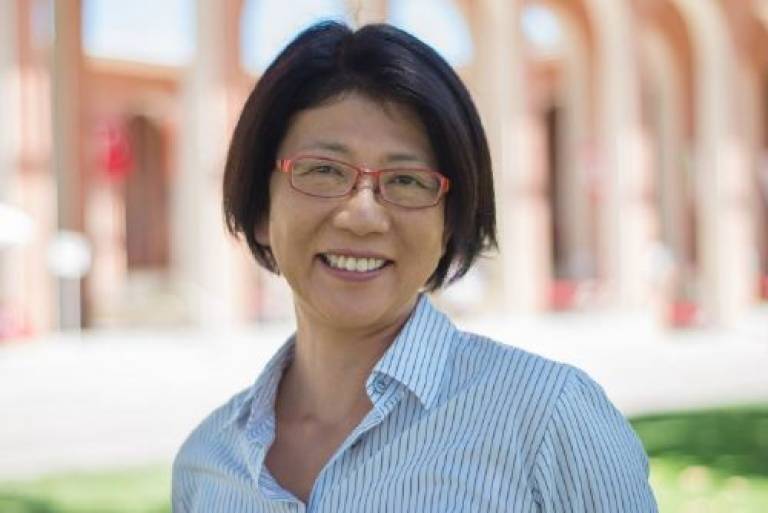'The BRICS and Collective Financial Statecraft'
27 June 2018, 12:30 pm–2:00 pm

Event Information
Open to
- All
Availability
- Yes
Organiser
-
Centre for Comparative Studies of Emerging Economies
Location
-
Room 431, UCL SSEES, 16 Taviton Steet, WC1H 0BW
Saori N. Katada (Associate Professor in the School of International Relations, University of Southern California), Mrs Elena Nikolova (UCL SSEES), Dr Pete Duncan (UCL SSEES) and Ali Guven (Birkbeck, Politics) will be hosting a book discussion on “The BRICS and Collective Financial Statecraft”.
In the early 21st century, five rising powers (Brazil, Russia, India, China, and South Africa) formed an exclusive international club, the BRICS. Although not extreme revisionists, the BRICS con-test the West’s pretensions to permanent stewardship of the existing economic order. They exercise collective financial and monetary state-craft to achieve larger foreign policy goals. The BRICS share common aversions (e.g., resentment over being junior players in economic governance, as targets of financial sanctions and subject to U.S. dominance of the global financial system) and common interests (e.g., obtaining greater financial autonomy and influence in “Bretton Woods” institutions). Their financial statecraft ranges from pressure for “inside reforms” of international organizations and markets, to “outside options” exercised through creating new multilateral institutions and opportunities in international financial markets.
To the surprise of many observers, the joint actions of the BRICS have been largely successful. Although each member has unique motivations for collaboration, China controls resources that permit it the greatest influence in intra-club decision-making and with the United States and others. The BRICS future depends not only on their bargaining power but also on their ability to overcome domestic impediments to sustainable economic growth, the basis for their international influence.
This event is jointly organised by the Department of Politics, Birkbeck, the Centre for Political Economy and Institutional Studies, Birkbeck, and the Centre for the Comparative Studies of Emerging Economies at UCL School of Slavonic and East European Studies.
 Close
Close

